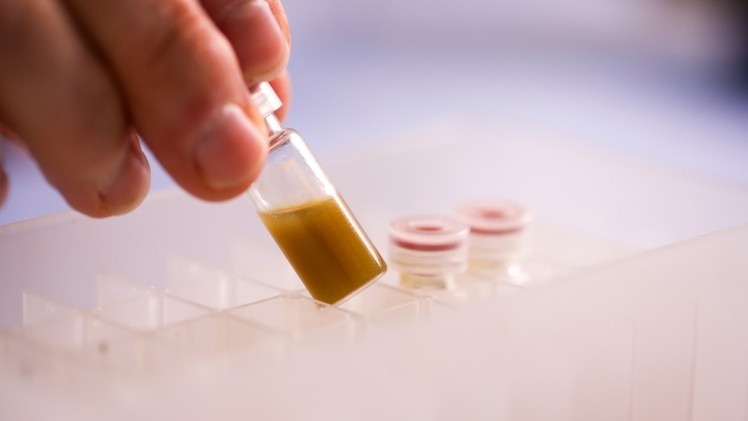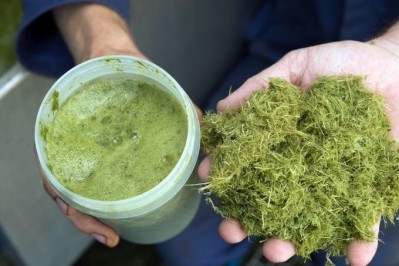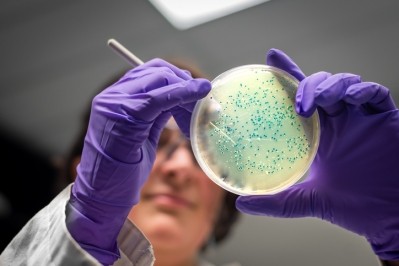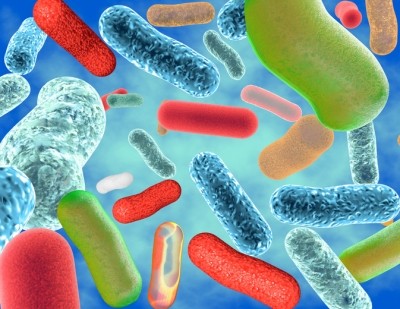Alltech and Alimetrics create tool to assess the ruminal breakdown of dietary protein ingredients

The technique in question was developed by Alltech and Finnish laboratory, Alimetrics Research, as a feed formulation tool. The model involves the evaluation of feed protein sources, measuring the proportion of certain amino acids that is converted to specific end products over 24 hours.
It allows protein sources to be ranked according to their degradability by rumen bacteria.
The assessment of protein degradation in the rumen of live animals has historically proven difficult, and, although analysis of overall protein can be done, tracking the origin of protein from a specific feed component cannot be done with great certainty. Also, ruminants have a low overall efficiency of nitrogen utilization, with between 70–95% of the nitrogen in diets excreted in dung and urine, as per data from the UN’s Food and Agriculture Organization (FAO). The use of the in vitro technique should help industry to overcome such challenges, said Alltech.
The tool is one the company can use in its own in vitro fermentation model, Alltech IFM, to aid future development, said Matthew Smith, vice president at Alltech.
In terms of research methodology, it gives the company a robust model for screening products, both for fermentation effects and the ability to bypass protein through the rumen, he added.
“It takes us away from book values, to real time values of feedstuffs, to allow feed manufacturers, principally, to make significant changes,” Smith told journalists during a media tour of Alltech’s European headquarters in Dunboyne, Co Meath, Ireland this week.
He argues that the method will allow industry to make more intuitive decisions, particularly when it comes to looking at sustainable diets: “The tool can help feed formulators determine what ingredients are the most effective from a global warming perspective."
The method can help formulators have greater precision when it comes to meeting the protein requirements of cows while improving nitrogen efficiency in those animals under different physiological conditions, said the company.
The study
A study to validate this in vitro fermentation method, authored by scientists from Alltech and Alimetrics Research, looked at its applicability to assess the resistance of protein supplements to rumen degradation.
The authors noted that many different yeast-derived products are now used as supplements for ruminants. Some bulk yeast biomass products have been used for decades, while new live yeast products, cell walls, and hydrolysates are continually being developed.
The protein sources used in that research were: soybean meal (SBM); whey protein, which was expected to be rapidly degraded, and Alltech’s DEMP branded yeast-derived microbial protein (YMP), which was proposed to be resistant to rumen degradation.
Soybean meal is a commonly used protein supplement and was therefore a good benchmark product for the study, said the team. Whey protein was included as a supplement considered to be readily fermented by bacteria. DEMP was expected to be challenging for the rumen bacteria to degrade, they said.
The basal diet in the study was composed of grass silage and a commercial compound feed. The protein supplements were added at three isonitrogenous doses. Fermentation was monitored for 24 hours and gas production, volatile fatty acids, lactic acid, and ammonia were analyzed at three timepoints, said the authors.
They determined protein degradation by looking at the extent to which branched-chain amino acids (BCAA) introduced with the protein supplement were converted to corresponding branched-chain volatile fatty acids (BCVFA).
At the highest dose of whey, they said 60% of introduced valine, leucine, and isoleucine was recovered as isobutyric, 2-methylbutyric, and isovaleric acid (products of BCAA decarboxylation and deamination), respectively.
The BCVFA detected represented 50% of added BCAA with SBM, but <15% with YMP, reported the scientists.
Further indications that YMP protein is resistant to degradation were provided by analysis of ammonia, said the team. With YMP, the residual ammonia concentration only marginally exceeded that of the cultures with no protein supplementation, while it increased dose-dependently when the vessels were supplemented with whey or SBM. This suggests that with whey and SBM, the rate of deamination exceeded the rate of ammonia assimilation by bacteria, said the scientists.
Residual ammonia and BCVFA, the two indicators of protein fermentation, were strongly correlated, they found.
Overall bacterial activity was monitored as yield of gas, volatile fatty acids, and bacteria. These three correlating parameters showed that whey only modestly stimulated fermentation, whereas SBM and YMP stimulated fermentation extensively, possibly owing to their higher carbohydrate content, reported the researchers.
Findings
The results of the study suggest the in vitro fermentation method was suitable for detecting differences in resistance of protein supplements to rumen degradation and, following a full method validation, could be a useful tool for diet formulation, said the team.
The data obtained in this study suggested that YMP was the most resistant and whey the most susceptible to degradation, they added.
The team saw that the YMP stayed intact, said Smith.
“DEMP is a potent stimulator of rumen fermentation, stimulating volatile fatty acid (VFA) production and microbial biomass production to the same extent as rumen available protein sources such as soybean meal,” he told us.














